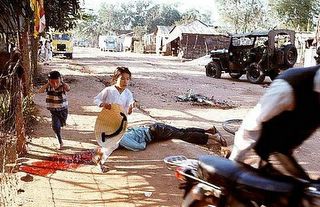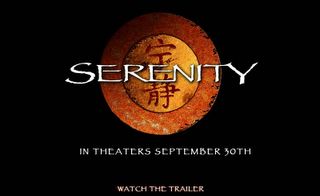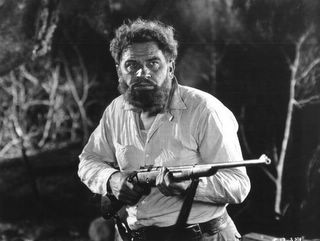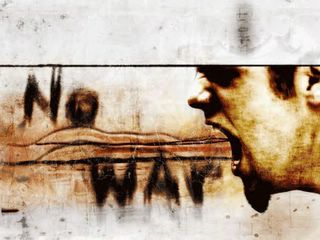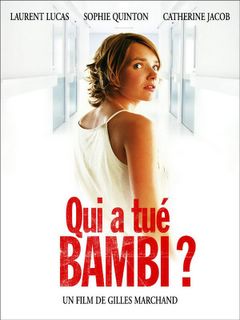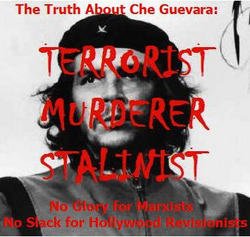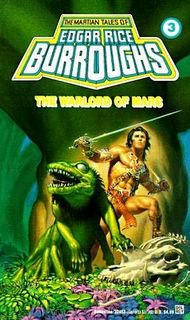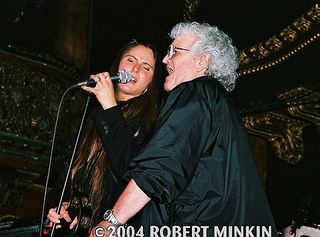As most
everybody online is noting, today marks the tenth anniversary of the bombing of the Murrah federal building in Oklahoma City.
As I recall, before Americans could regain their emotional balance that day in 1995, Bill Clinton and his bought media commentators had begun their smear campaign against citizens with "anti-federal government tendencies." (That narrowed the field down to, say, about seven out of every 10 Americans.) All criticisms of "big government" or the Clinton administration, it seemed, constituted "hate talk." Speech, the president told
60 Minutes, can be as deadly as any weapon. Each of us, he advised, must monitor it ourselves lest it become necessary for others to monitor it for us. The very next day, the president and his media lapdogs had targeted the
real culprits behind Oklahoma City -- talk radio and the Internet. "Irresponsible hate speech" and disclosure of information unfavorable to government had somehow brought about the deaths at the Murrah building. So "official" calls for federal policing of talk radio and computer networks began. Criticism of our masters, they said, must stop. For our own safety, of course.
The real motive, naturally, was power. As usual. Clinton wanted to maintain
his as his plethora of scandals heated up. And the establishment media wanted to solidify
its as it was losing market share and influence to talk radio and the Internet.
Ten years later, post-9/11, things haven't changed. Any who question this
Republican administration's War on Terror in general and occupation of Iraq in particular are "traitors." We must be monitored, indexed, and filed for our own safety. "You're either with us or you're with the terrorists." The list of mundane items we can no longer take aboard an airplane is ludicrous.
Regardless, any so-called "liberal" heard bitching about the tyrant George W. Bush should be quickly reminded of the tyrannical efforts of William Jefferson Clinton just a decade ago. In politics, friends, it's all about
power, whether it comes from Right or Left.
Do yourself a favor. Read
Anthony Gregory's column today at LewRockwell.com. It's the best thing out there right now on this crappy anniversary.
